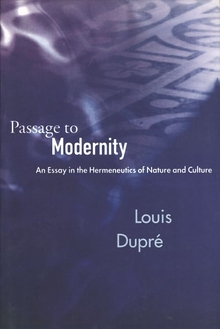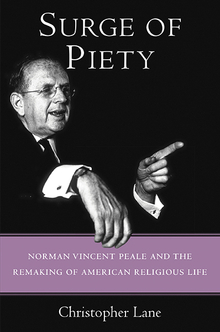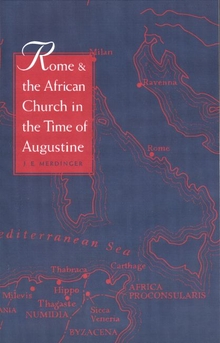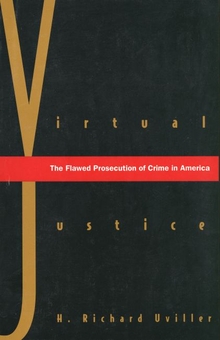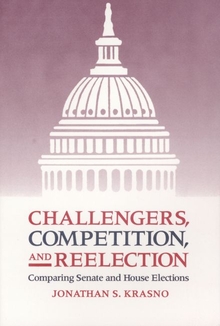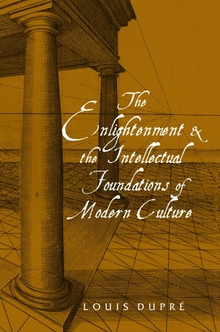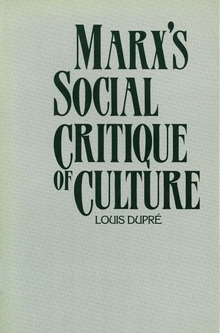Passage to Modernity
WARNING
You are viewing an older version of the Yalebooks website. Please visit out new website with more updated information and a better user experience: https://www.yalebooks.com
An Essay on the Hermeneutics of Nature and Culture
Louis Dupré
The combination of late medieval theology and early Italian humanism shattered the traditional synthesis that had united cosmic, human, and transcendent components in a comprehensive idea of nature. Early Italian humanism transformed the traditional worldview by its unprecedented emphasis on human creativity. The person emerged as the sole source of meaning while nature was reduced to an object and transcendence withdrew into a "supernatural" realm. Dupré analyzes this fragmentation as well as the writings of those who reacted against it—philosophers like Cusanus and Bruno, humanists like Ficino and Erasmus, theologians like Baius and Jansenius, mystics like Ignatius Loyola and Francis de Sales, and theosophists like Weigel and Boehme.
Baroque culture briefly reunited the human, cosmic, and transcendent components, but since that time the disintegrating forces have increased in strength. Despite post-modern criticism, the principles of early modernity continue to dominate the climate of our time. Passage to Modernity is not so much a critique as a search for the philosophical meaning of the epochal change achieved by those principles.
"Magisterial."—Philip J. Rossi, S.J., Theological Studies
"Dupré has written a brilliant, unsettling, and provocative essay about the genesis of modernity. He identifies not one, but two distinct moments at which Western thinkers severed important links with their premodern past, challenging theses advanced by Heidegger and Blumenberg among others. Whether it turns out to be true or false, his thesis has to be taken very seriously."—Alasdair MacIntyre
"A truly great contribution to the problem of the origins and nature of modernity, written beautifully with clarity and economy of expression."—Thomas P. McTighe, Georgetown University
"Dupré's Passage to Modernity assays the disintegration of a unified vision of God, man, and cosmos in the transition from the medieval to the modern world. It is a potent assertion of the importance of this history in refocusing our contemporary blurred and fragmented consciousness and restoring a sense of connectedness not only to our most recent past but to the entire sweep of human existence in time, cosmos and destiny."—Charles Trinkaus, University of Michigan
"This brilliant work challenges all the more familiar portraits of modernity. No philosopher or theologian can afford to ignore this extraordinary study of our common heritage. It is one of those rare works that change one's vision of our central questions."—David Tracy, University of Chicago
"Dupré has written a magisterial study of the project and revolution that was modernity. Tracing through the histories of philosophy and theology the movement towards an anthropomorphic center of culture, this capacious work will be found intriguing and provocative in its reading of this history and indispensable for future inquiries into modernity. I recommend it highly."—Michael J. Buckley, S.J., Boston College
"Dupré has written an important book. . . . More than an historical account of the breakdown of an earlier organic connection between the divine, nature, and humanity, it is an extended philosophical argument against those who have dismissed in principle all attempts to achieve a new synthesis. . . . The door should now be more open than ever for such creative, synthetic efforts at a religious reading of nature, history, and the self."—Diogenes Allen, Commonweal
"In Passage to Modernity, Dupré once again proves to be a master juggler of theological, philosophical, and scientific thought. . . . Passage contains the wisdom and scholarship that are characteristically Dupré. His book cuts to the core of the essence of modernity, of how we view reality. This book cannot be ignored."—Paul J. Levesque, Louvain Studies
"Passage to Modernity . . . offers vast erudition and genuine philosophical wisdom that is increasingly rare in contemporary debates about modern culture. . . . Dupré's book nurtures the hope that Christian faith in a secular age may still be renewed by a prophetic humanism that has not yet been discovered by the modern world."—Peter Casarella, Communio: International Catholic Review
"A magisterial study of the origins of modernity in the late medieval intellectual world. . . . One can only be impressed by the masterly control of Dupré's analysis and grateful for his remarkable erudition."—John E. Thiel, Theological Studies
"Professor Dupré has written a challenging and stimulating book, a work that is serious in the best sense of the word both because of what he investigates and the commendable fervor he brings to his investigation. . . . The author's analysis, as well as the spirit in which he executes it, deserves applause."—Werner J. Dannhauser, First Things
"Anyone interested in the intellectual and spiritual history of the modern world should make it a point to read Dupré's account."—Robert P. Scharlemann, Modern Theology
"This book takes its place in an impressive body of works. . . . Dupré's work is broader in scope and richer in sources than even the wide-ranging works of Lyotard, Derrida, Rorty, MacIntyre, Taylor, and Kolakowksi."—Diogenes Allen, Commonweal
"The book reads beautifully and constitutes a veritable education in late medieval and early modern philosophy and theology. Its smoothly flowing narrative and keen hermeneutical analysis recommend it both to a generally educated audience and to specialists in the philosophy of religion and modern philosophy."—Gerald J. Galgan, Cross Currents
"Very readable, scholarly, and provocative . . . Dupré gives a new interpretation and meaning to the passage of modernity."—Bernard A. Gendreau, Review of Metaphysics
"This book is especially to be recommended for its great erudition which nevertheless is carried very lightly. It is packed with intricate detail, and there are very fine discussions of a whole host of great individuals such as Petrarch, or Cusanus or Bruno, of Ficino and others already mentioned. The work as a whole is written with a restrained Delicatesse, even a courtly eloquence, reminding one of the Italian humanists the author so clearly admires."—William Desmond, Catholic Philosophical Association Quarterly
"What Dupré set out to do he has done well. He has furnished a capacious vision of the life of the modern mind. With a disciplined openness to the totality of the experience, he has made possible a mystical glimpse of the intimation of unity in the natural and cultural world of modernity."—James Paul Kow, Canadian Philosophical Review
"This is an outstanding book that ought to be read by everyone interested in the nature of modernity. It develops a highly nuanced picture of early modernity against the background of a subtle portrait of antiquity and the middle ages, especially in their major philosophical and theological components. . . . This book is especially to be recommended for its great erudition. . . . The work as a whole is written with a restrained delicatesse, even a courtly eloquence, reminding one of the Italian humanists the author so clearly admires."—William Desmond, American Catholic Philosophical Quarterly
"To anyone interested in philosophy as such and not only Nietzsche or early modern philosophy, I highly recommend this book."—Pierre B. Mauboussin, Review of Metaphysics
Publication Date: August 30, 1995

